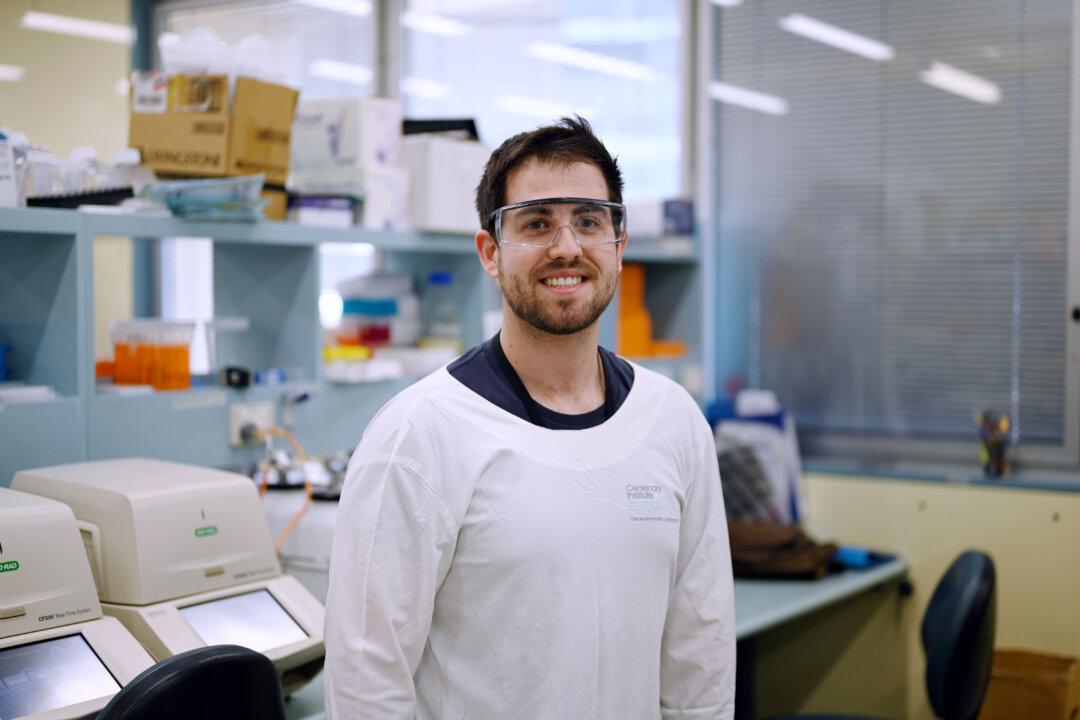Australian researchers have found out why chronic obstructive pulmonary disease (COPD) patients face a higher risk of developing severe COVID-19, which could be critical in developing new drugs.
Researchers from the Centenary Institute and the University of Technology Sydney published their findings in the American Journal of Respiratory and Critical Care Medicine.




